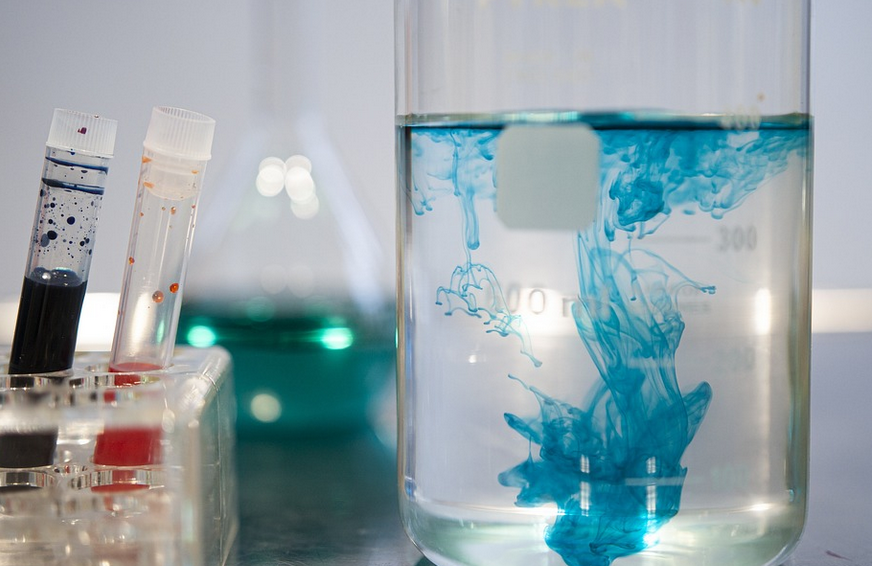Introduction
Have you ever wondered why sugar easily dissolves in your cup of coffee, but sand does not? This is because of a property called solubility. Solubility is a measure of how well a substance can dissolve in another substance. In this article, we will explore the concept of solubility, its importance, and how it affects our daily lives.
What is Solubility?
Solubility is a chemical and physical property that describes the ability of a substance to dissolve in another substance. The substance that dissolves is called the solute, while the substance that the solute dissolves in is called the solvent. The solubility of a substance is affected by various factors, such as temperature, pressure, and the chemical nature of the substances involved.
Importance of Solubility
Solubility is an important concept in chemistry and plays a crucial role in various industries, such as pharmaceuticals, food, and cosmetics. Understanding solubility helps in the development of new drugs, formulation of food products, and creation of cosmetics with the desired properties.
Factors Affecting Solubility
Temperature, pressure, and the chemical nature of the substances involved are the three primary factors that affect solubility. For example, increasing the temperature of a solvent can increase the solubility of a solute. Similarly, increasing the pressure can increase the solubility of gases in liquids. The chemical nature of the substances involved also affects solubility. For instance, polar substances tend to dissolve in polar solvents, while nonpolar substances tend to dissolve in nonpolar solvents.
Types of Solubility
There are three main types of solubility: miscible, immiscible, and partially miscible. Miscible substances are those that dissolve completely in one another, such as water and ethanol. In contrast, immiscible substances do not dissolve in one another, such as oil and water. Finally, partially miscible substances are those that only partially dissolve in one another, such as water and toluene.
Applications of Solubility
Solubility has various applications in our daily lives. For example, it is the reason why we can dissolve our favorite powdered drink mix in water to create a refreshing beverage. It is also why we can use soap to clean our hands and dishes. In the pharmaceutical industry, solubility is crucial in the development of drugs that can be effectively absorbed by the body.
Measuring Solubility
Solubility can be measured in various ways, such as by determining the amount of solute that can dissolve in a given amount of solvent. The solubility of a substance can also be expressed as the concentration of the solute in a solution. For example, a solution of 5% salt in water means that 5 grams of salt is dissolved in 100 milliliters of water.
Conclusion
In conclusion, solubility is an essential concept in chemistry that describes the ability of a substance to dissolve in another substance. It is affected by various factors such as temperature, pressure, and the chemical nature of the substances involved. Understanding solubility is crucial in various industries, including pharmaceuticals, food, and cosmetics. We encounter solubility in our daily lives, from dissolving sugar in our coffee to cleaning our hands with soap.

